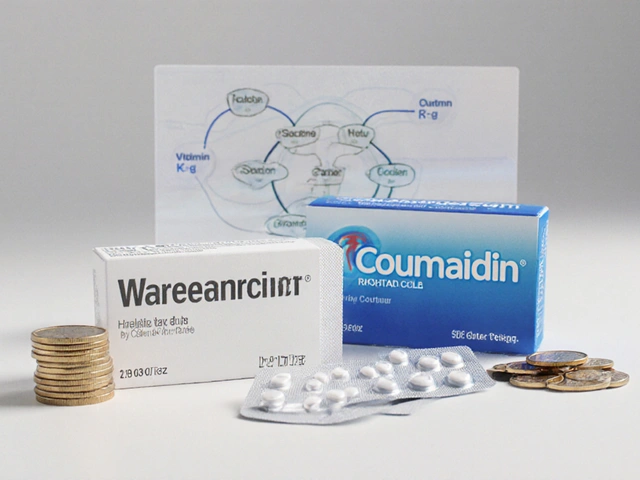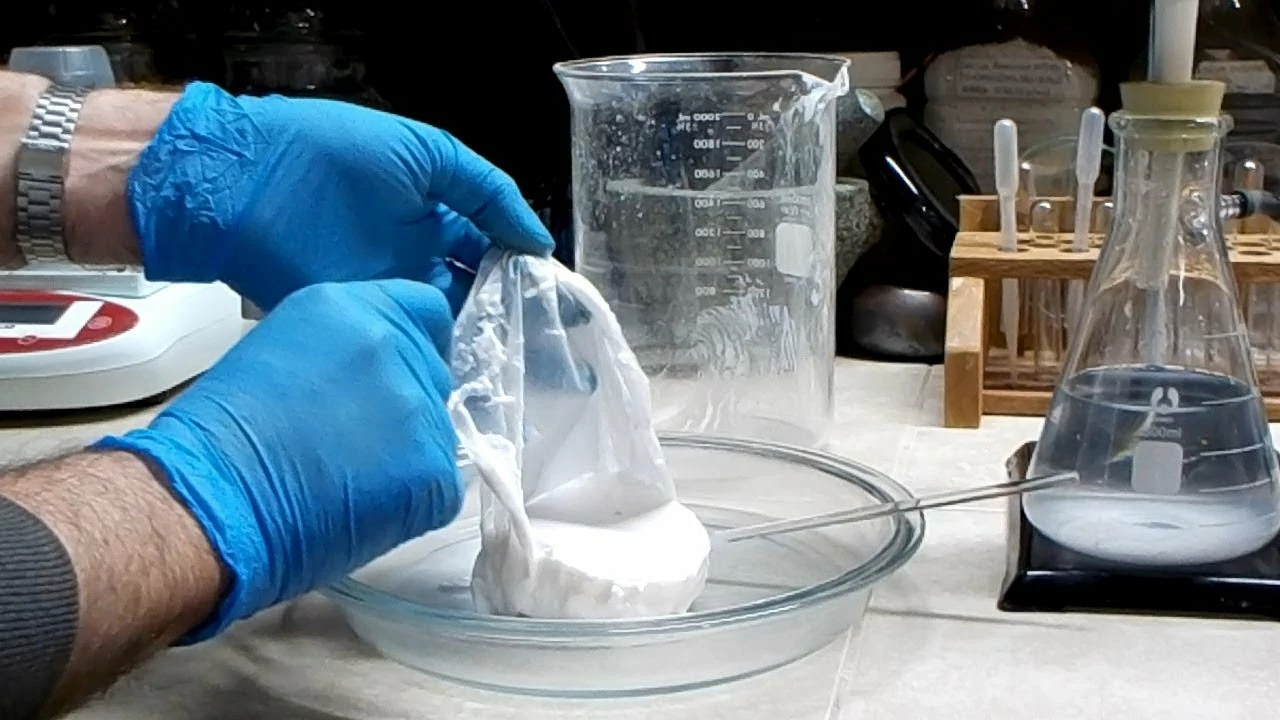Aluminium Hydroxide: What It Does and How to Use It
If you've seen aluminium hydroxide on a medicine label, it's usually there to calm stomach acid or bind phosphate in the gut. It's an old, reliable medicine, but it needs simple common-sense use. Below, you'll find clear, practical tips so you know when it's helpful and when to be careful.
How it works and common uses
Aluminium hydroxide neutralizes stomach acid on contact. People use it for heartburn, indigestion, and upset stomach. It's also used as a phosphate binder in people with chronic kidney disease to lower blood phosphate levels after meals. You can find it as chewable tablets or a suspension (liquid).
For occasional heartburn, typical over-the-counter doses range from about 500 mg to 1 g, taken as needed up to four times a day. For phosphate control in kidney disease, doses are tailored by a doctor based on blood phosphate results and meal size—so follow the prescription closely rather than guessing.
Safety, side effects, and practical tips
Most people tolerate short-term use fine. The most common side effect is constipation. If constipation is a problem, switching to a magnesium-containing antacid or adding fiber and water can help. Do not take aluminium hydroxide regularly for long periods without medical advice.
People with reduced kidney function must be careful. Kidneys clear aluminum slowly. In kidney disease, aluminum can build up and cause bone problems or confusion. That’s why doctors prefer non-aluminum phosphate binders (like sevelamer or lanthanum) for long-term use in many patients.
Drug interactions matter. Aluminium binds some medicines in the gut and cuts their absorption. Give a 2-hour gap before or after taking antibiotics like tetracyclines or fluoroquinolones, thyroid pills (levothyroxine), and bisphosphonates. If you take multiple meds, ask a pharmacist about timing.
How to take it: chew tablets well or shake the liquid. For phosphate control, take with or right after meals so it can bind phosphate from food. For occasional heartburn, take when symptoms start. Don’t crush extended-release pills, and don’t mix it with other antacids unless directed.
If you’re pregnant or breastfeeding, check with your clinician. Short-term use is usually allowed, but long-term or high-dose use should be supervised. If you notice persistent constipation, stomach pain, muscle aches, or new confusion, stop the medicine and contact your healthcare provider.
Alternatives: for short-term heartburn try calcium carbonate or magnesium hydroxide. For long-term phosphate control in kidney disease ask your nephrologist about non-aluminum binders. Always match the choice to your health needs.
Final practical note: keep track of how often you use antacids. If you need them every day, bring it up with your doctor—there may be a better, safer plan for your situation.
Aluminium Hydroxide in Food: Is it Safe?
I recently came across a topic that caught my attention - Aluminium Hydroxide in food. As a health-conscious person, I found it essential to dig deeper and understand if it's safe for consumption. Aluminium Hydroxide is commonly used as an additive in many food items like cake mixes and processed cheese. While some studies claim it to be harmless, others link it to potential health risks like Alzheimer's disease. Therefore, it's crucial to be aware and make informed choices when it comes to the food we consume.
About
Nutrition and Supplements
Latest Posts


Albendazole vs Other Anthelmintics: Detailed Comparison of Alternatives
By Marcel Kornblum Oct 4, 2025

How Men Can Prevent and Address Unwanted Pregnancies
By Marcel Kornblum Sep 30, 2025

Herpes Simplex on Skin: How to Prevent Recurrences and Care for Outbreaks
By Marcel Kornblum Feb 12, 2026

